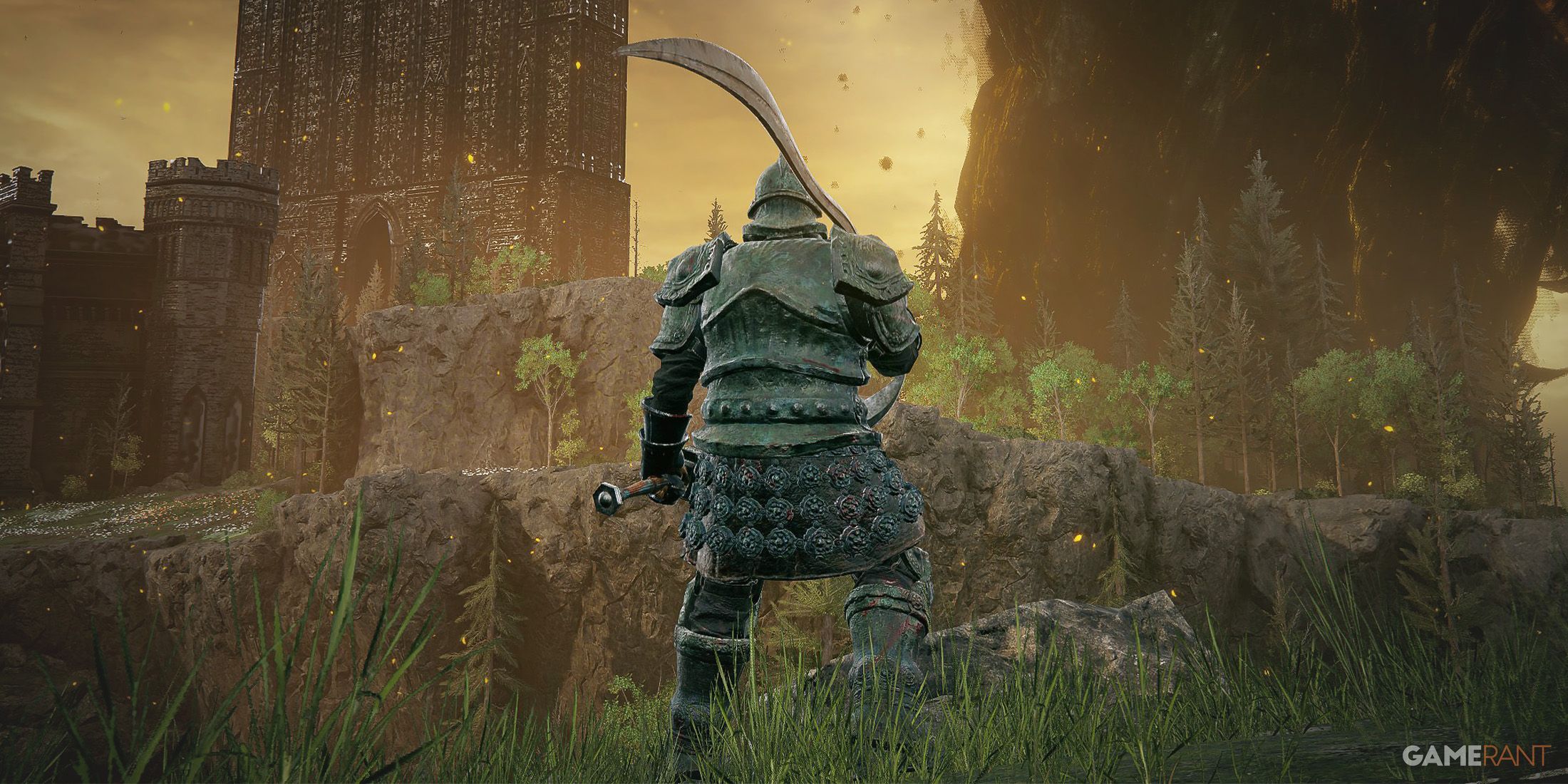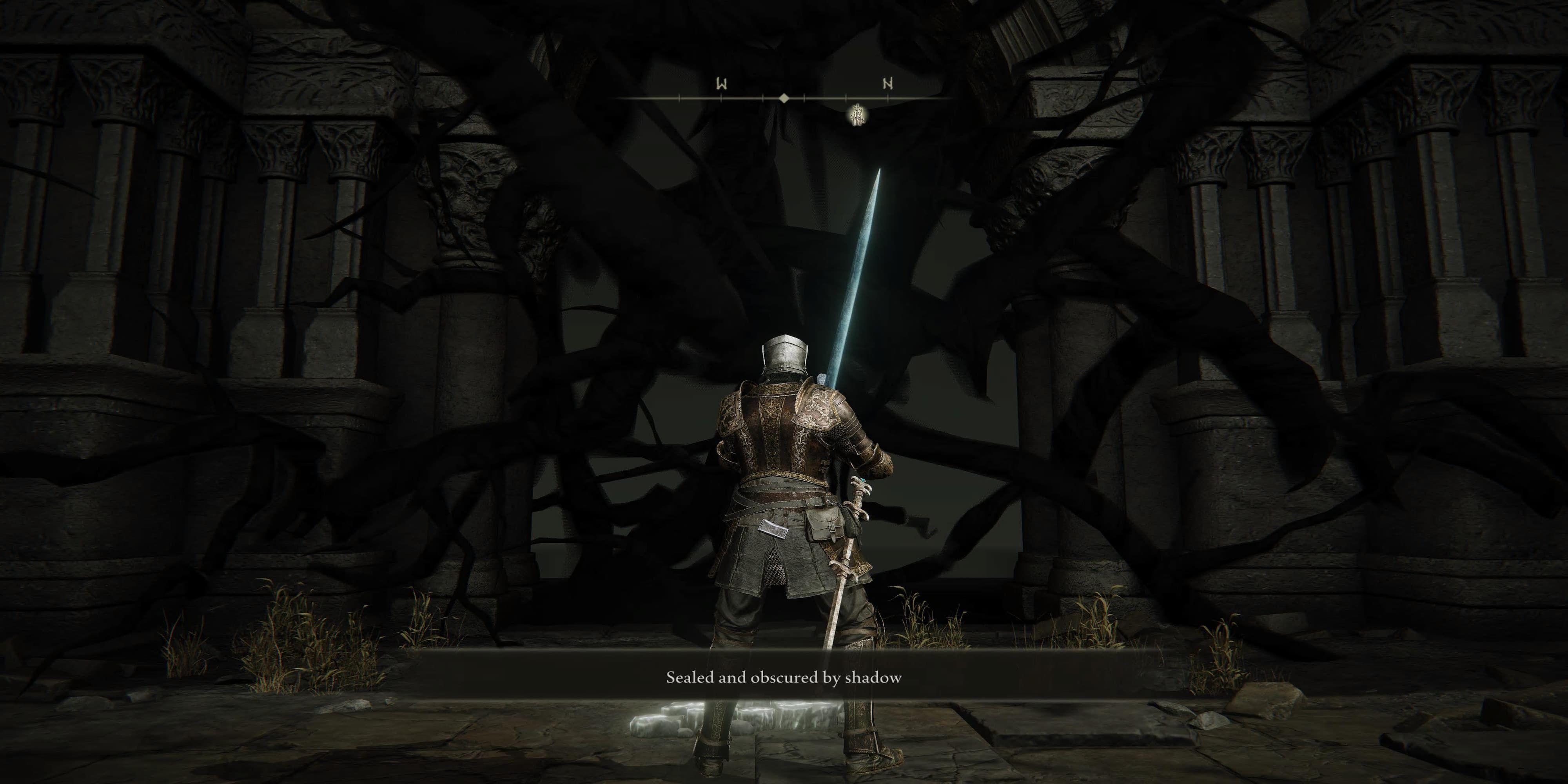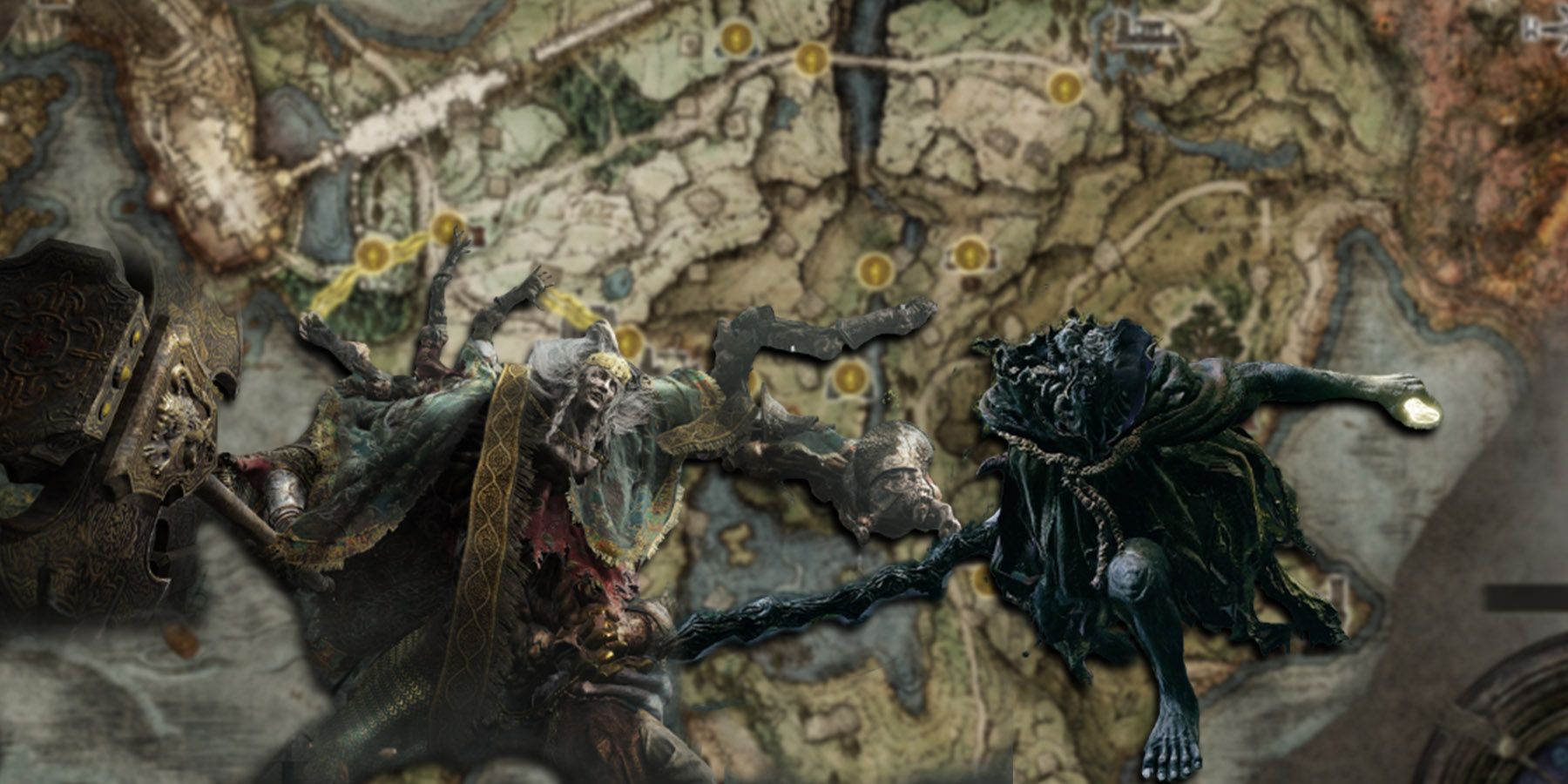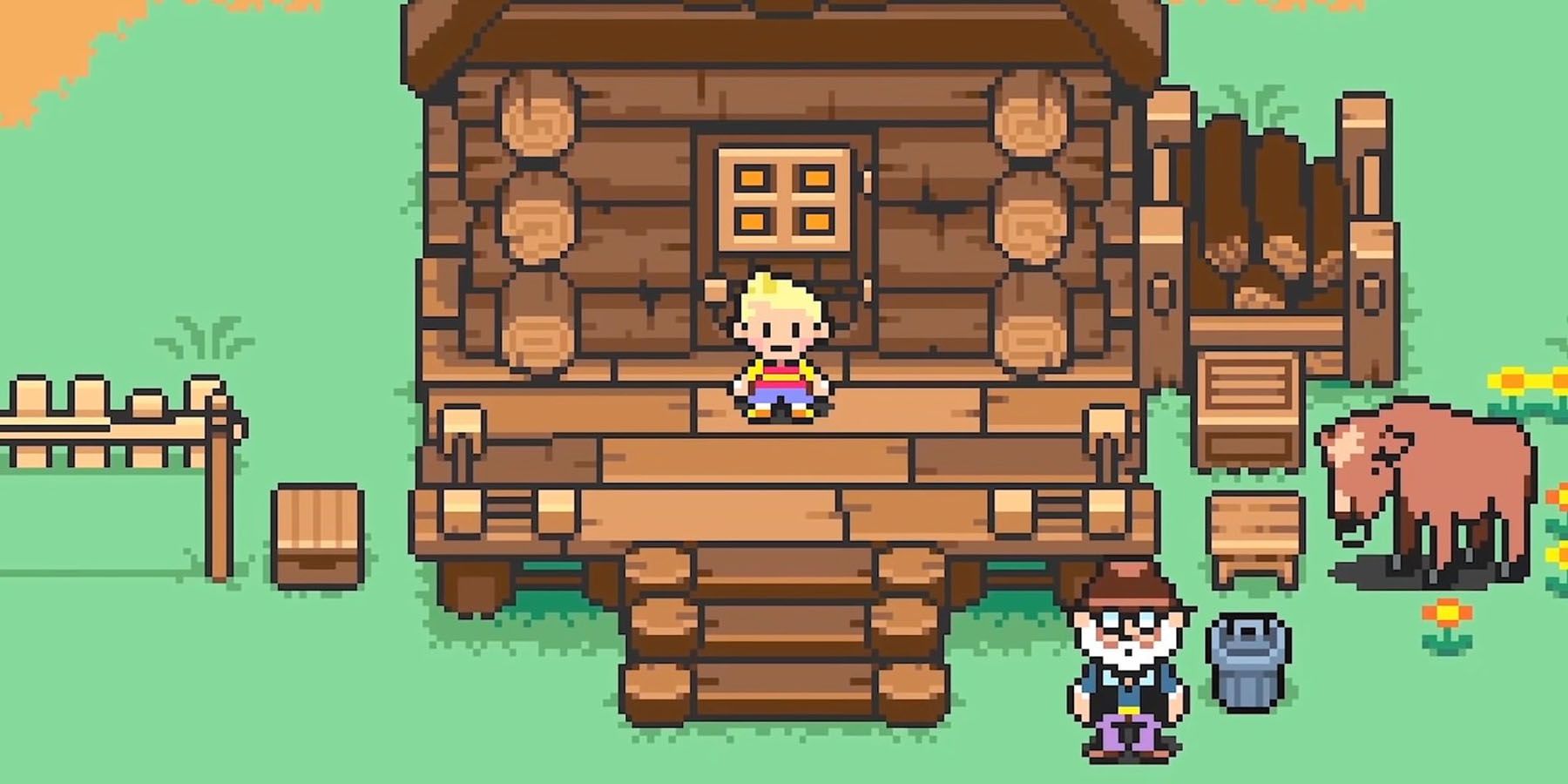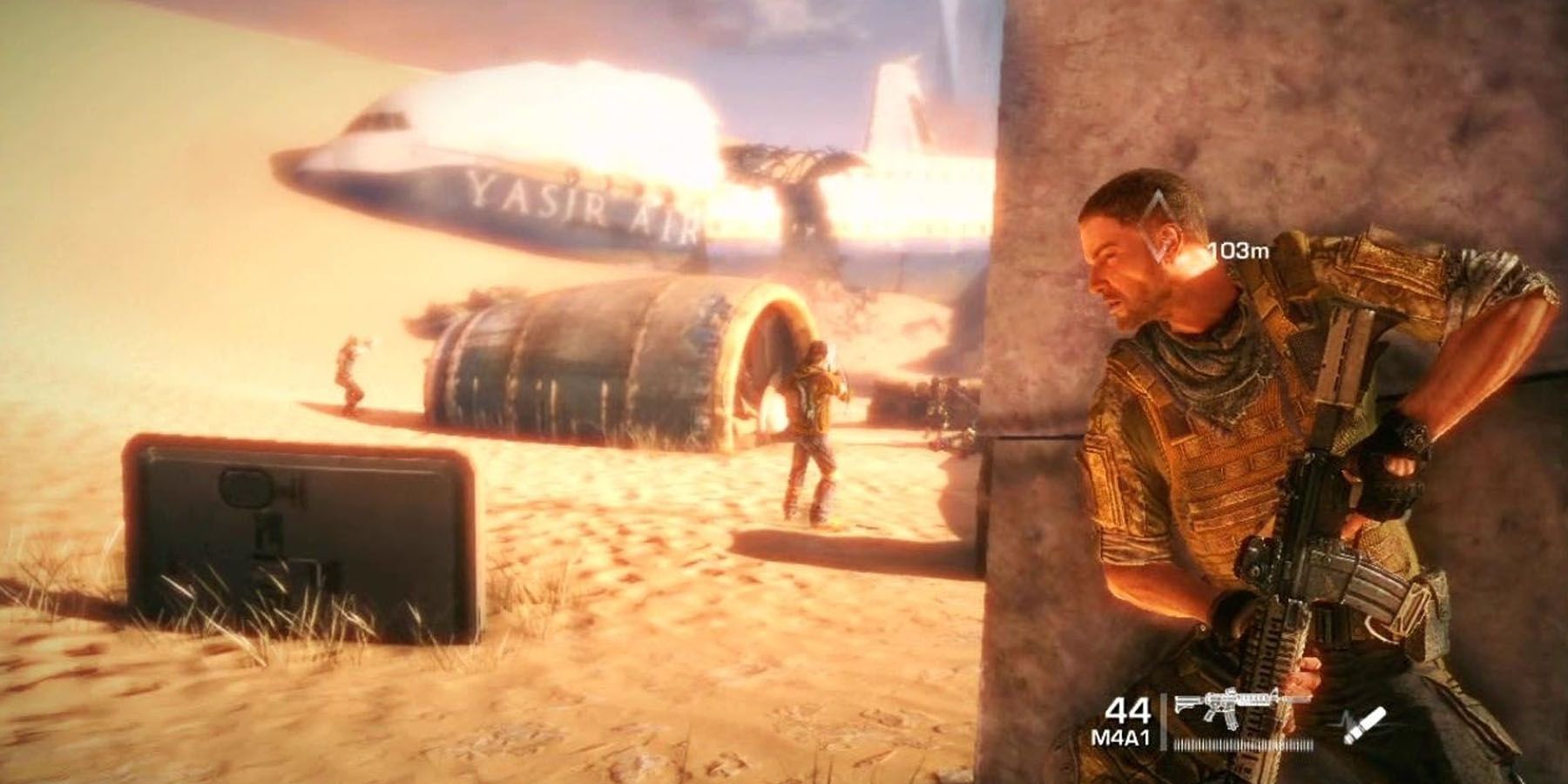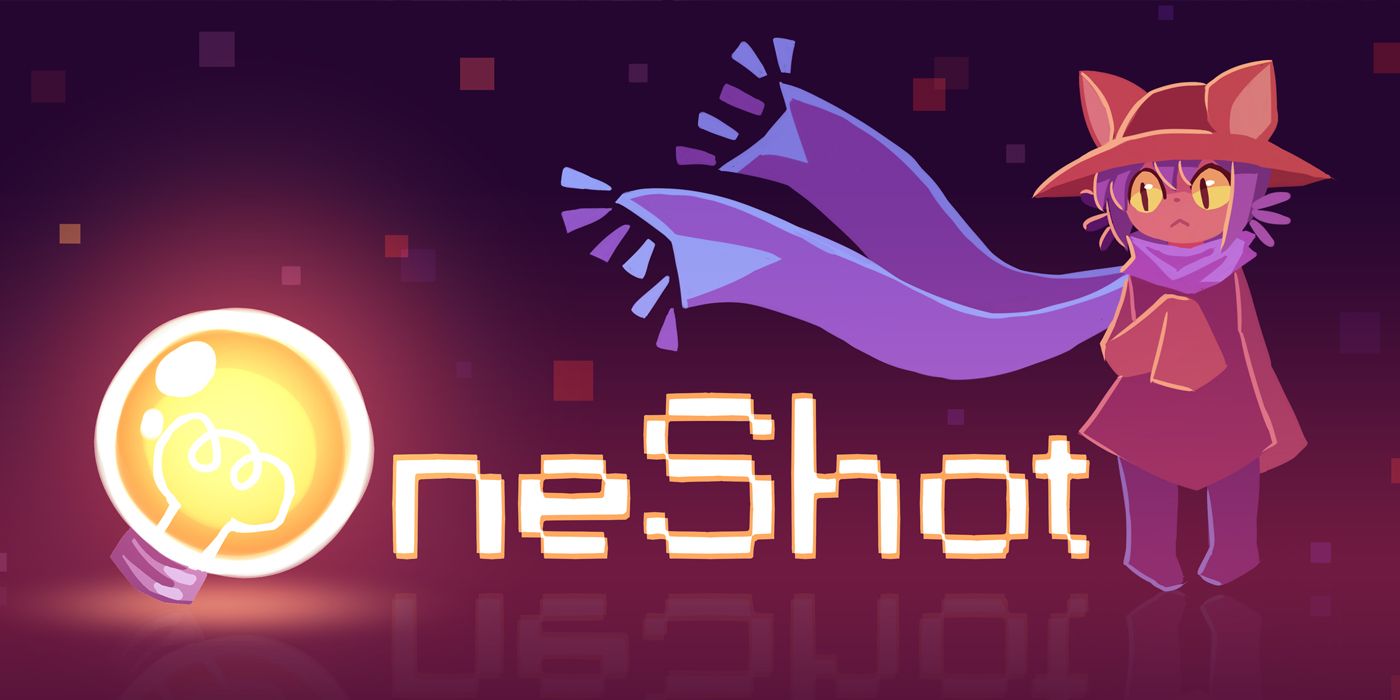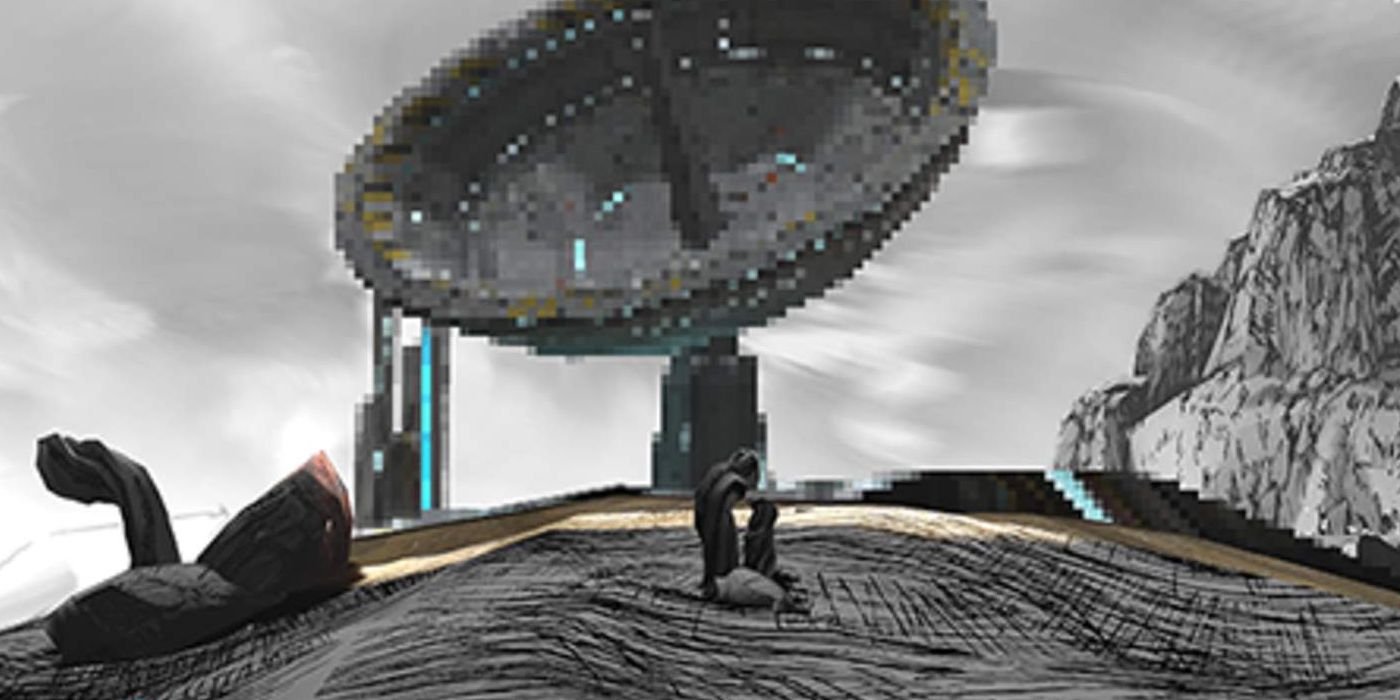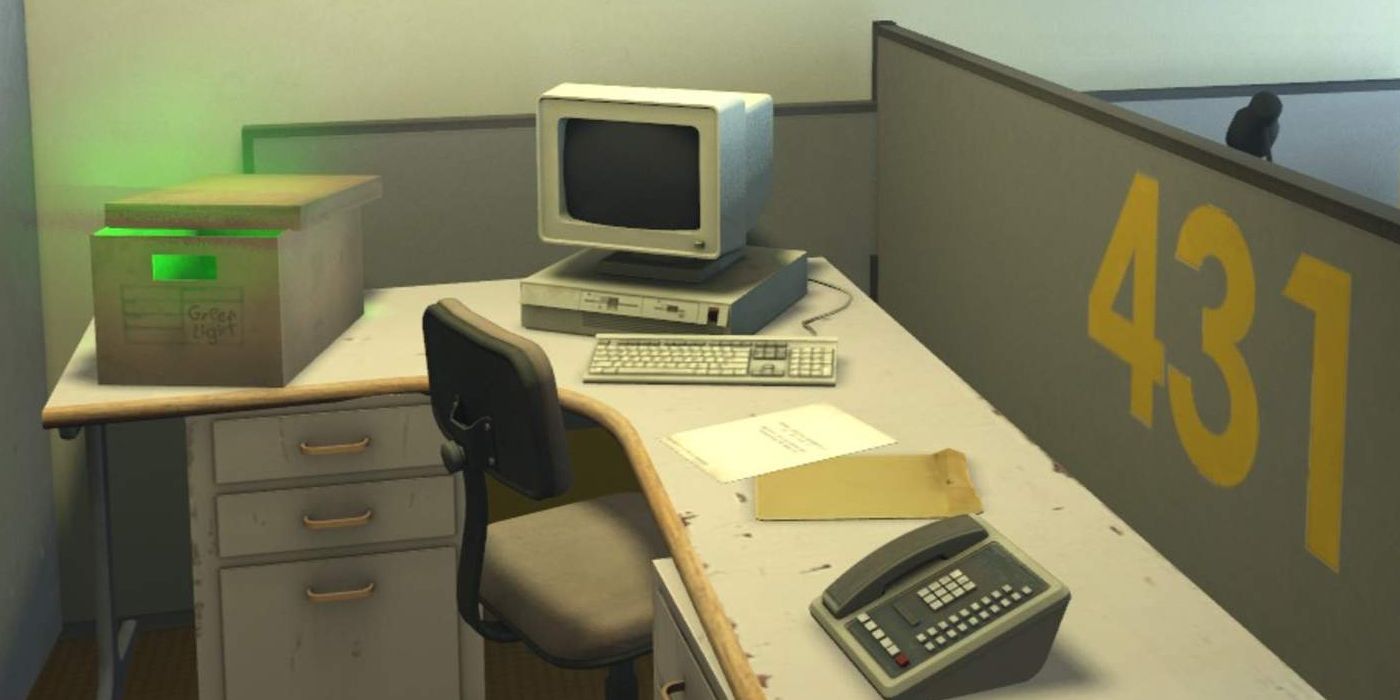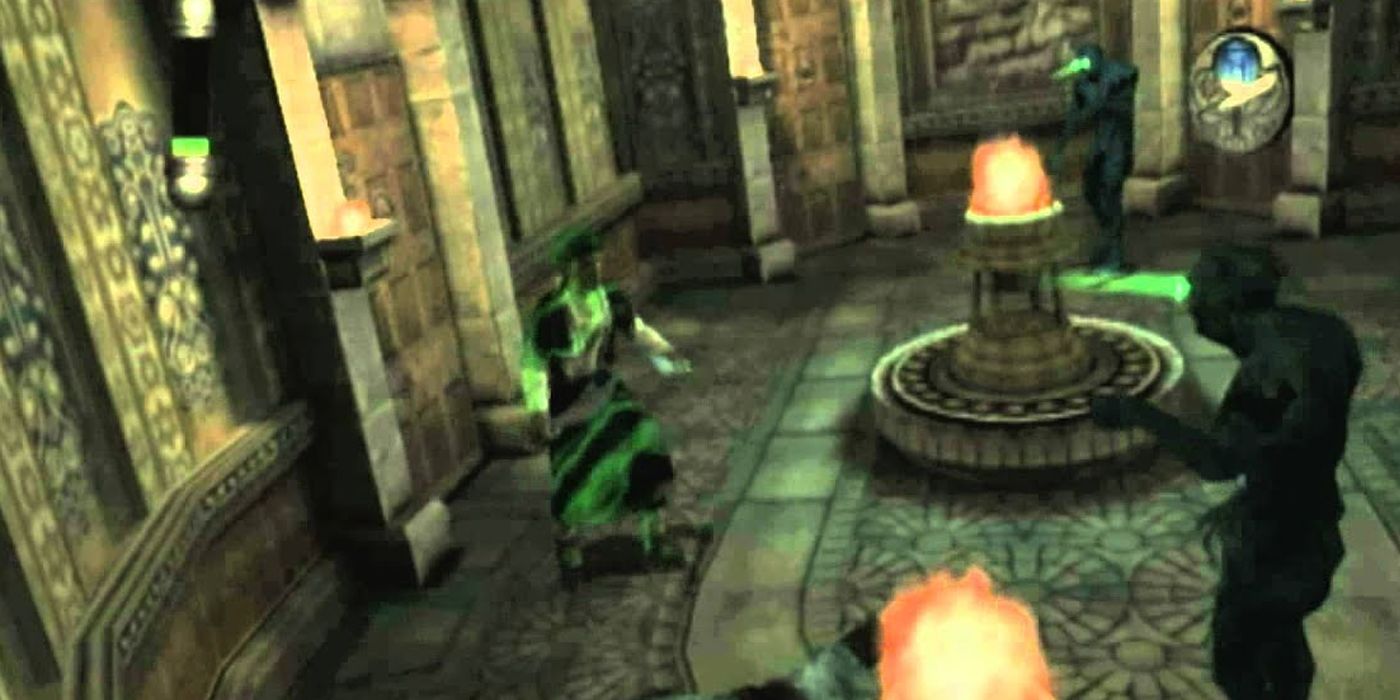Games tend to surprise players when they hilariously go meta. To help the uninitiated, games "going meta" means acknowledging their nature as a video game. Examples of "going meta" can include breaking the fourth wall, talking about their own mechanics, and acknowledging their presence as characters in a story. Albeit sounding ordinary at first, games that successfully pull off going meta end up becoming vastly entertaining experiences.
While common in other media, games that go "full meta" aren't a surprise to many. And for games that do go meta, not a lot end up giving players a wild time. Players on the lookout for a meta video game that transforms their playthrough can find some titles in vastly unique genres.
Updated March 21, 2022, by Rhenn Taguiam: Ordinarily, video games are designed to tell a particular self-contained story, immersing players in their own world separate from the real one. However, there are quite a few occasions when video games go out of their way to become meta - either by communicating directly with the player or by revealing their knowledge that they are, indeed, playing a video game. Aside from some modern gems becoming meta as more of a gimmick, other fourth-wall-breaking games belonging to older consoles like the NES have dwelled upon the idea of being meta as well.
14 StarTropics (Nintendo Entertainment System)
Being one of the more underrated gems of the Nintendo Entertainment System, StarTropics tells the story of Mike Jones, a high schooler from Seattle, as he visits his archeologist uncle Dr. Steven Jones on the fictional C-Island. However, trouble ensues when Mike learns that not only is his uncle missing, but he’s actually been abducted by extraterrestrials. It’s up to Mike and his trusty yo-yo to save his uncle, all the while encountering monsters and odd allies that include talking parrots and dolphins.
Where things get a little meta is in its packaging. StarTropics comes packaged with a letter that sets up the course of the story’s events. However, players shouldn’t throw this letter away, as it’s also relevant to the plot. At some point in the story, the game asks players to dip the actual letter in water to reveal a secret code. Later releases would have the code included in the manual instead.
13 The Mother Series (Various)
Sometimes, the best way for a game to break the fourth wall is to become entirely philosophical, and this is perhaps the best point of the Mother series. Told throughout a trilogy of games, the Mother series offers up an odd tale set in the modern world. The games star various protagonists in different towns as they try to solve supernatural crises with a mixture of modern weapons and psychic abilities.
At its core, the series makes out as though players are playing an RPG, but each of its climaxes sets players up for a surprise. In the second game, the boss’s death animation is akin to a television screen turning off after displaying static - as though it’s only the player’s outside influence that can truly defeat this evil. In the third game, it’s implied that the actions of a supreme being can determine the world’s fate - with the ending implying that it’s the player who is actually the supreme being.
12 Spec Ops: The Line (PC, Xbox 360, PlayStation 3, Linux, MacOS)
At its core, Spec Ops: The Line seems like any other military shooter, with the protagonist starting as a patriotic American soldier doing his duties to protect the country from various threats. However, the game starts going meta as the main story progresses. While The Line depicts the story of how the elite Delta Force was tasked to infiltrate a wartorn Dubai after a devastating sandstorm.
Aside from its multiple endings, the developers of Spec Ops wanted players to see some of the more horrifying events that could happen during actual wartime events. At some point, stages in the game feel staged, repetitive, and extremely violent. This becomes apparent when even the loading screens are stating how much of a horrible person the protagonist - or perhaps even the player - is for “enjoying” such an experience.
11 Pony Island (PC, MacOS, Linux)
It’s not uncommon for video games to take place as a game within a game, and Pony Island is one such experience. Players take on the role of an arcade player of a game named “Pony Island.” Soon enough though, they'll discover cracks within the code that allow them to game the system itself - only to realize that this was all within the machinations of the game. Soon, a devil-like figure further encourages the player to mess around with the game, with a lot of consequences ensuing.
At some point, Pony Island will cause some “files” in the player’s system to mess around with them. Some instances of the game will even mess with the player via their Steam interface, as though entities from the game are trying to communicate with the player directly. The only way to stop this madness is to beat the game, which is easier said than done.
10 Doki Doki Literature Club! (PC, Linux, OS X)
Spoiler Alert! Anyone who’s ever searched for a visual novel to play would have heard of the infamous Doki Doki Literature Club! Granted, this game boasts a cheerful and wonderful premise typical of a dating simulator. Unfortunately, the game slowly unravels its true nature - that of being a psychological horror title with its unique ways of haunting players.
Moreover, the meta aspect of Doki Doki Literature Club! does happen throughout the course of its story. Players will soon learn that each main character has ways to tear the fourth wall down. In particular, one character can actually mess with the game’s actual files.
9 Bravely Second: End Layer (Nintendo 3DS)
Spoiler Alert! Taking place after the acclaimed Bravely Default, Bravely Second tasks players to handle a set of new protagonists on a journey throughout Luxendarc. Being an RPG from the creators of Final Fantasy, Bravely Second does feature a comprehensive Job System and a unique take on medieval fantasy.
However, perhaps things go crazy by the time players are approaching the end of the game. After all, the main antagonist will actually attempt to delete the player’s Save File! Through the intervention of another character, the player gets enough firepower to defeat the Big Boss and achieve a good ending.
8 OneShot (PC, MacOS, Linux)
Fans of indie titles will fondly remember OneShot for its delightful take on its metafictional elements. At its core, the game brings the player and the protagonist Niko to a world without sunlight. They need to work together and replace the world’s sun, a light bulb, on top of a tower.
Unlike other meta-games, OneShot naturally incorporates the meta into its mechanics. Players need to solve the game’s puzzles usually by tinkering with the OS outside the game. Moreover, many game elements acknowledge the player’s presence and separation from Niko as an entity.
7 The Magic Circle (PC, OS X, Linux, PS4, Xbox One)
What better demonstration of a meta-game than a game built around being meta? In The Magic Circle, players take on the role of a QA tester that needs to help a dev team complete a game and bring it out of hiatus. Meanwhile, a rogue AI will teach players everything they need to manipulate the game in their favor.
Aside from being meta on the get-go, the gameplay itself is largely sandbox. Players can trap game elements to modify them or assume their functions. These can then be given to other elements to overcome numerous tasks. Unlike other games, these small elements contribute largely to the game’s ending - something that can encourage players to see the entire game through.
6 Undertale (PC, OS X, Linux, PS4, PS Vita, Xbox One, Nintendo Switch)
Spoiler Alert! Gamers who played Undertale will already understand its critical acclaim. However, fans would fondly remember the meta mechanic involving save files themselves. At its core, Undertale does let players save and load files at their whim. However, characters in the game can also remember that the players did save or reload files.
In fact, the save mechanic can affect the way players can pursue NPCs and other bosses. Moreover, some characters can even utilize save files in unique ways - including a final boss that can use save slots against the player.
5 Disgaea (Various Platforms)
Adding to the already crazy premise and gameplay of Disgaea would be its active breaking of the fourth wall. Thing is, unlike other games, Disgaea doesn’t necessarily make “going” meta special - but rather something ingrained into its setting. Taking place in the Underworld, each Disgaea game would have the main character go toe-to-toe to a vastly powerful supernatural threat.
Thankfully, the game does allow players to go over the top with character progression itself. After all, the game lets players achieve hundreds’ worth of levels, unlimited “regrowth” via a Reincarnation mechanic, and even adding dungeons inside items. Moreover, even the characters themselves actively acknowledge their presence in a video game. Characters regularly reference their roles, their levels, and even the fact that their respective game’s stories are both serious and ridiculous.
4 Deadpool (PC, PS3, PS4, Xbox 360, Xbox One)
Of course, a list of video games that had gone meta won’t be complete without the Merc With The Mouth, himself. Comics fans already know Deadpool as perhaps the single-most hilarious Marvel Comics character for his ability to break the fourth wall. And fans who played his video game will soon realize that his uncanny ability to shamelessly interact with readers also extended there.
At its core, the Deadpool game explores Deadpool and his desire to create a video game of his own. This wish will eventually lead to Deadpool going toe-to-toe against various mercenaries, and even threatening the devs of High Moon Studios - as in, the devs of the game - himself. Since it’s a Deadpool game, the title is chock-full of other references as well. These include Deadpool’s voices interacting with each other and the player, and even hilarious self-referential quips from various parts of the game.
3 The Stanley Parable (PC, OS X, Linux)
Players who have tried The Stanley Parable might find it quite the odd game during their first playthrough. After all, The Stanley Parable is less an exploration game and more of a walking simulator. However, the underlying drama and intrigue in its rather simple premise are more than enough to nudge players throughout the course of the game.
At its core, players need to guide Stanley after a mysterious incident happens in his office. Thanks to directions from a Narrator, players can direct Stanley to do various things. Of course, there’s always the option of not following the Narrator - much to their chagrin. Following and not following the narrator can actively affect the story. And the narrative outcomes of these choices garnered praise from various players.
2 The Beginner’s Guide (PC, OS X, Linux)
Fans of The Stanley Parable may want to give The Beginner’s Guide a shot. This game, from the same creator Davey Wreden, is an interactive storytelling title with a rather ambiguous story. At its core, The Beginner’s Guide is a “collection” of incomplete games that players have to traverse in the first person. Wreden asks players to explore these games to try and understand their creator, named Coda.
Unlike other titles, The Beginner’s Guide doesn’t have player deaths or “wrong” choices. Rather, Wreden tries to guide players through narration and encourages them to explore the games in their own way. As such, even its ending remains ambiguous. Despite this, a lot of critics and players voiced their opinions on their many interpretations of The Beginner’s Guide.
1 Eternal Darkness: Sanity’s Requiem (GameCube)
Despite its poor commercial performance, Eternal Darkness: Sanity’s Requiem is arguably one of the most compelling psychological horror games to grace the market. Aside from that, Eternal Darkness ties its premise perfectly to how horrifyingly incomprehensible eldritch entities can become. While the game jumps back and forth between four locations and different timelines, the main premise involves stopping an entity that wishes to enslave humanity.
Given its premise, the game undoubtedly involves characters experiencing hallucinations. However, the game also subjects players to horrors of their own. The game can “pretend” to mess with save files, mute for no reason, or even release a fake blue screen of death.

